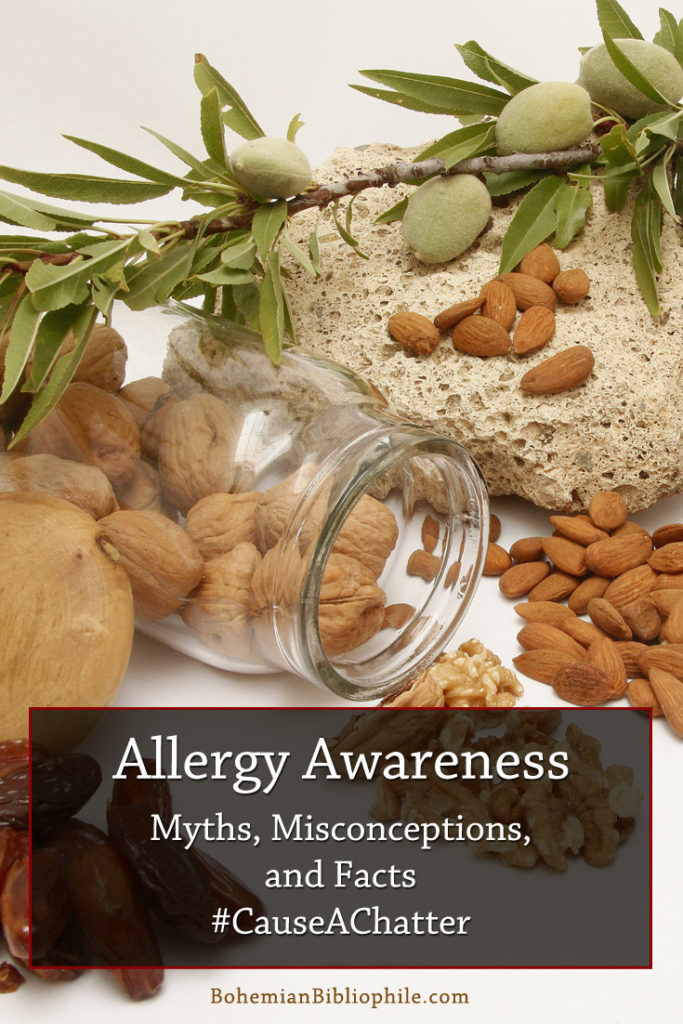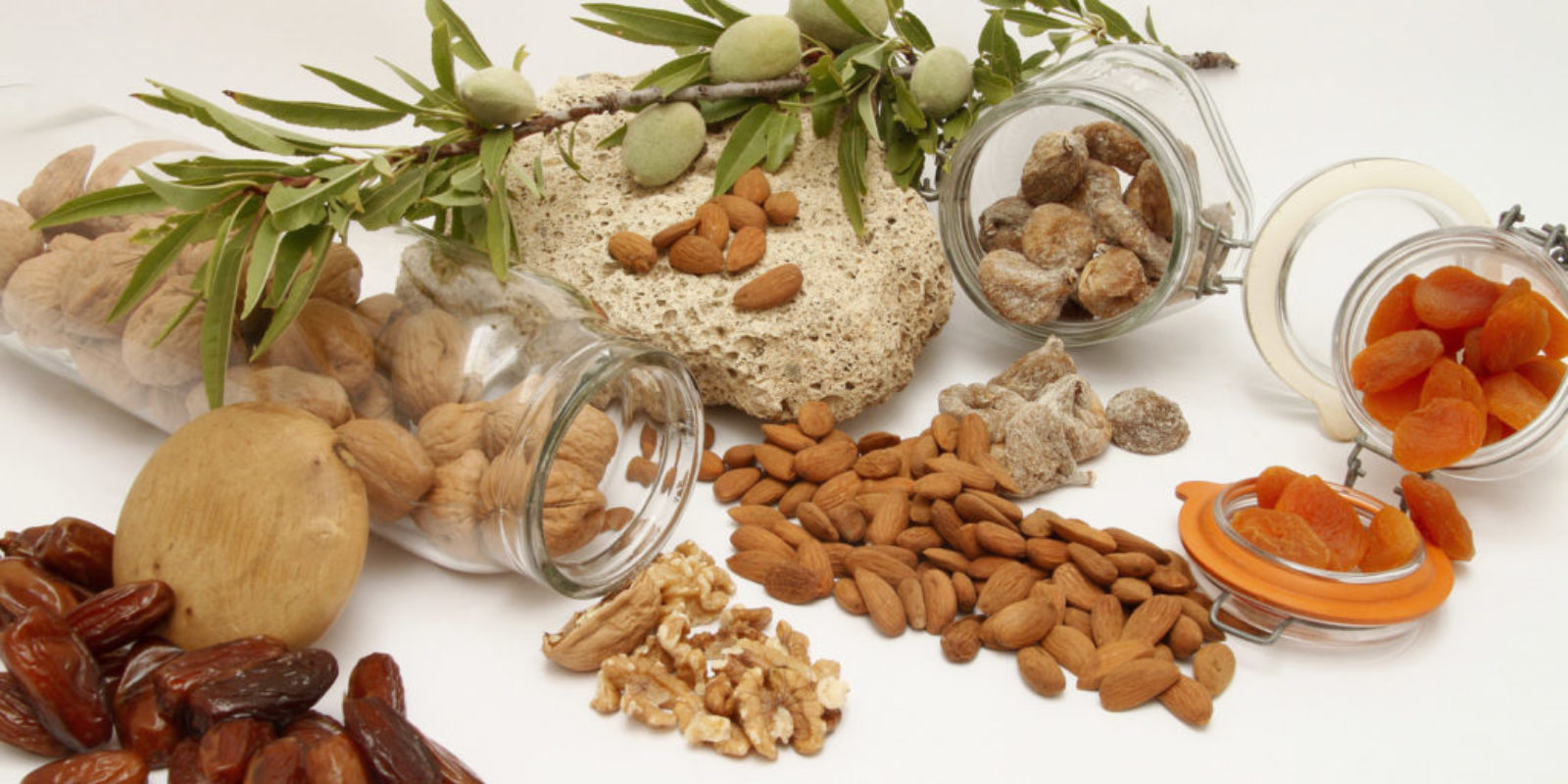“Food allergies are a fad.” “You can’t possibly be allergic to this.” “A small bite wouldn’t hurt.” Allergy myths are widespread. People continue to believe common misconceptions about them. It is time to separate fact from fiction.
Last month I discussed what is an allergy and the different types of allergies. Today, I shall dispel some common myths surrounding allergies. The most prevalent ones are those about food and pollen allergy.
Myth: Food allergies are not real
Food allergies are as real as heart attacks. Anaphylaxis can result in cardiac arrest. It is the sheer lack of awareness that makes people believe that allergies are not real and just a mere “choice”. We did not ask to be allergic to certain food items, drugs, or pollen. Intense dislike used interchangeably with allergy has also created a lot of misconceptions.
Myth: Food allergies aren’t life-threatening
The most popular misconception about food allergies is that they are not life-threating. Each time I hear this, I direct them to Amy May Shead‘s story. The 24-year-old UK TV producer suffered a cardiac arrest and brain damage after being served a dish containing nuts. This in spite of confirming with the server thrice. It is heartbreaking to see her suffer for something that was completely avoidable. It is high time people take food allergies seriously. If you wish to know more about her, check out the This Morning video.
Myth: If you can’t see it, you won’t have an allergic reaction
This is something I struggle with all the time. The immune system that reacts to the allergen does not need to “see it”. I have had numerous allergy attacks where the host chose to hide the allergen.
Myth: Food allergy sufferers need only be careful about food and drinks
If an allergen exists in a non-food item, you can still react to it. For example, a number of cosmetics include almond oil. As someone who is highly allergic to almonds, the usage of these cosmetics can trigger an allergic attack.
Allergy Myths, Misconceptions, and Facts #CauseAChatter #FoodAllergies #BohoPonderings Share on X
Myth: Allergies and asthma are the same
For some people, allergies and asthma are can be linked since the triggers are often similar. But there is a basic difference. An allergy is when the immune system reacts to an apparent threat. Asthma is a chronic lung disease.
Myth: Peanuts are the only form of food allergy
Peanut allergy is indeed the most common food allergy. But it is not the only food allergy. People can be allergic to seafood, milk, and a host of other food items.
Myth: Food allergies are only limited to children
I developed quite a few allergies in my mid-30s. Before that, I gorged on the nut laden Indian sweets during Diwali like everyone else. And was able to take a painkiller when the need arose. Although uncommon, allergies can develop in adults and seniors.
Myth: Food allergies and food intolerances are the same
Similar to the misconception about asthma, food allergies and food intolerances are considered the same. Food allergy is due to the immune system reacting to the threat. Food intolerance is often a digestive issue or a chemical reaction to the food item. In most cases, symptoms for mild to moderate food allergy or intolerance may be similar.
Myth: If the food does not traditionally contain the allergen, it is safe to eat
Cross-contamination is a real threat to people with food allergies. Anaphylaxis can occur without ever eating your food allergen. Something as nondescript as a spoon used for pesto sauce dipped in a nonallergic food. If the food item is produced in a factory that processes nuts, it can end up being contaminated.
Myth: Food allergy is lifelong/is always outgrown
Children usually outgrow allergies to milk, eggs, soybean products, and wheat. But people usually do not outgrow allergies to nuts, fish, and shellfish. Each individual and each allergy is different. Sometimes, people can get allergic to food items they had previously outgrown.
Myth: Pollen and food allergies don’t overlap
People with pollen allergy can be allergic to pollen foods. The proteins in these pollens are similar to those in certain raw fresh fruits and raw vegetables. The person’s immune system mistakes the food for pollen. Some of them are apples, cherries, peaches, apricots, melons, and potatoes.
Myth: Avoiding triggers is the only way to treat allergies
Prevention is always the key if you have allergies. Although there is no cure for allergies, there are treatment options available that can reduce the symptoms. They include decongestants, antihistamines, and nasal sprays. Immunotherapy can reduce your sensitivity to certain allergens by exposing the body to small but gradually increasing doses of known triggers.
Food allergies aren't life-threatening? Debunking Common Allergy Myths and Misconceptions #CauseAChatter #FoodAllergies #BohoPonderings Share on X
Myth: Allergy medication should be taken only after you have the symptoms
Allergic reactions can be prevented if medication is taken before symptoms develop. In the case of seasonal allergies, medication is often given two weeks before allergy season begins.
Myth: Allergy drugs are dangerous and make you drowsy
This could not be more false. Non-drowsy antihistamines are now readily available at pharmacies. These medicines have been proven to be safe even when driving. Older sedating versions are more popular because they are inexpensive. In fact, they counter react with alcohol and can be dangerous to consume.
Myth: I don’t need to inform the restaurant about my allergies each time
Some allergy sufferers, particularly in India, are embarrassed to ‘create a scene’ by asking about the ingredients. Restaurants keep experimenting with new recipes. It is always safe to confirm the ingredients before you take a bite.
Myth: Moving to another region can cure allergies
It is a common misconception that desert climate can cure seasonal allergies. Grass is found practically everywhere and can trigger pollen allergies. So can cut flowers.
There are more myths about allergies than any other. Whether you are someone who suffers from an allergy, or one looking to be more aware, it is always best to be informed. Follow the allergy awareness series for more discussions around allergies. Let us start a much-needed conversation around them.
Disclaimer: I am not a medical practitioner. The purpose of this series is to bring about awareness. Please consult an allergist/immunologist for queries and overall management of allergies.
As a part of Blogchatter’s Blogging with a Purpose campaign, I am using my voice to highlight something I care about.

Image by Néstor Martínez Garavito from Pixabay


April 3, 2020 @ 8:38 pm
Come to think of it, these really are some myths which are popular! 🙁
April 15, 2020 @ 2:54 pm
Exactly the reason why I decided to talk about them. Thank you for stopping by, Shalini.
April 8, 2020 @ 6:21 pm
Very useful post. We need such articles that bust myths and spread awareness.
April 15, 2020 @ 2:55 pm
We indeed need more awareness. Thank you for stopping by, Srishti.
April 18, 2020 @ 11:36 pm
My son and I are allergic to dust, pollen, smoke, strong smells etc. So we try to protect ourselves from these triggers. A friend is allergic to peanuts. After she had food at a restaurant, she suffered a serious skin reaction. It was later found that in some chutney peanuts were used. You have debunked some major myths here! Thanks for sharing!
May 26, 2020 @ 9:36 am
Thank you for sharing this valuable information about the myth and misconceptions about allergy. Very informative article.
February 22, 2021 @ 8:20 am
It’s really alarming to know that anaphylaxis caused by allergies can eventually lead to cardiac arrest. I’ve never known if I’m allergic to any type of food or substance, but I think it’s not too late for me to find out. For my own safety, I think it’s best if I’ll undergo allergy testing and be checked properly by a medical expert.